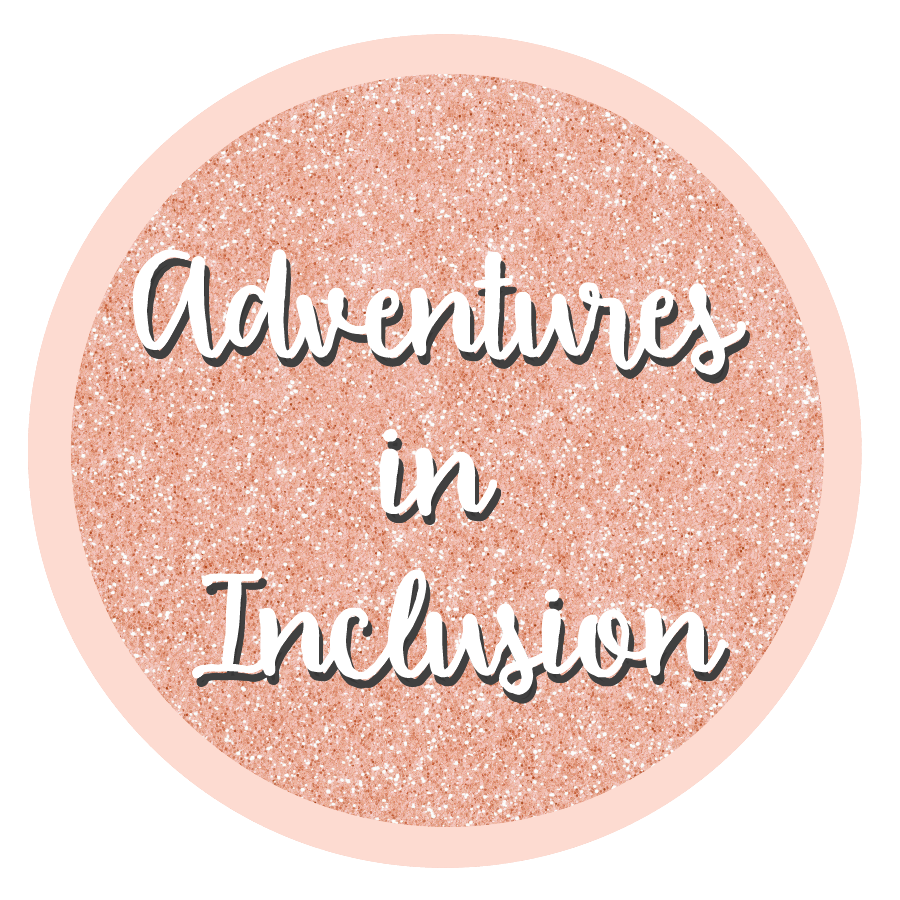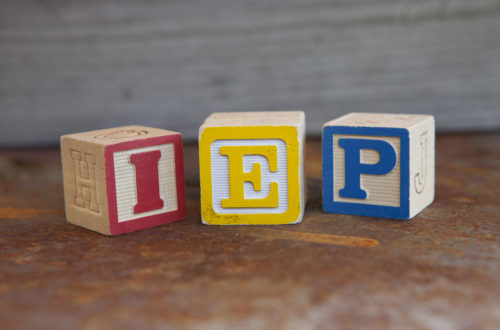
When Co-Teaching Gets Tough
Let’s face it, co-teaching can be hard!
Seriously, co-teaching can be really difficult! You have to work very closely with another teacher that you don’t get to pick. Your principal decides one day that you will be working with another teacher.
Who knows if your personalities will mesh well!?
There is a lot of anxiety that comes with co-teaching, and fortunately, my three current co-teachers are all strong, amazing women who are patient with me, and we work well together.
But this isn’t always the case!
Sometimes you get assigned to work with a teacher, and co-teaching may be difficult.
Be Patient
Most of the time (hopefully all of the time) you are both working for what is best for the student. Keep this in mind!
Although you are both fighting for what is best for the students, you are going to have disagreements about what that looks like. Often, general education teachers think that special education teachers are too easy, while the special education teacher thinks that the general education teacher is too tough.
Don’t get frustrated! Explain your thinking to the other teacher and ask them to explain theirs. Maybe they have a perspective that you haven’t thought of. Maybe they didn’t realize the specific needs of the student. Often a mature conversation can help you come to an amicable compromise.
Don’t Be Afraid to Stand Your Ground
Most of the time, a compromise is the best bet for finding balance and developing a strong co-teaching relationship. But sometimes there is an issue where neither side is willing to give.
If the argument is important to you, don’t be afraid to stand your ground!
If you are the special education teacher and you truly believe that the services are not being implemented, you need to say something. You need to be strong. But possibly the reason the other teacher is not implementing the services is that they don’t understand. Take the time to talk to them, explain what the student struggles with specifically and explain why the accommodation or modification is necessary.
Make Sure You Both Understand Your Roles
At the beginning of the year, for a strong co-teaching relationship, it is important that you both sit down and ensure that you understand your roles.
If the special education is constantly grading papers, but the general education teacher feels as though that is their job, there may be unnecessary tension.
Click here for my Co-Teaching Checklist!
Some of the frustration of co-teaching can be from when someone thinks you are doing their job. Or if someone thinks you are not doing YOUR job!
Taking time at the beginning of the year, or before school starts, and deciding what your responsibilities are is another way of making sure that you are on the same page.
This can also help you identify some of their preconceived notions of co-teaching and can help prevent some future battles.
Ask for help!
Often school districts want to dive into a co-teaching model. But, if you find that you are unsure of things, or if you are having a hard time, ask for help! Find out from administration what their expectations are.
Ask for some PD time that focusing on co-teaching and how to do it well.
If you don’t know what your administration is expecting, how will you be able to live up to their expectations?
If you are having a specific problem with your co-teacher(s), seek out a mentor. Is there another person in your school that co-teaches that you think is doing it well? Ask them their opinion!
It’s going to be okay!
No matter what, it’s going to be okay. Maybe this co-teaching relationship just was not made in Heaven. I’m sure your administration sees it too and possibly will assign you to another teacher next year. Sometimes, no matter how much we try, there are going to be people who just don’t get along.
Take care of yourself, breathe, and relax.
You and I know that you are doing your best!!
For more on co-teaching, check out:
The Beginners Guide to Inclusion
FREE co-teaching checklist

Subscribe to receive a free co-teaching checklist!






